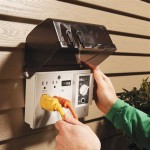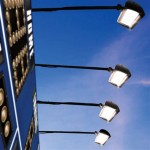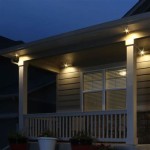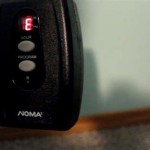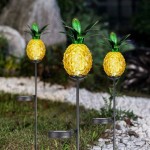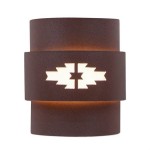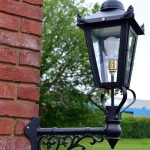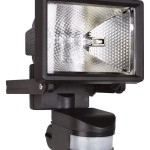Essential Aspects of Home Outdoor Lighting DIY
Transforming your outdoor space with eye-catching and functional lighting doesn't have to be a daunting task. With careful planning and the right approach, you can illuminate your pathways, accentuate architectural features, and create a magical ambiance with DIY home outdoor lighting.
Planning and Preparation
Before embarking on your lighting journey, take some time to assess your outdoor space and identify areas that need illumination. Consider the purposes of each area, such as entertaining, dining, or simply navigating safely after dark. Make a sketch of your plan, including the placement of lights, fixtures, and any wiring or transformers needed.
Choosing the Right Fixtures
Select fixtures that complement the style of your home and the intended ambiance. Consider the size and shape of the area being lit, as well as the materials and durability of the fixtures. Opt for weather-resistant materials like stainless steel, copper, or powder-coated aluminum to ensure longevity in outdoor conditions.
Safety First
Electrical work requires caution and adherence to safety guidelines. Ensure you have the necessary tools, including insulated gloves and a voltage tester. If you are unfamiliar with basic electrical wiring, it's advisable to consult with a licensed electrician for guidance or assistance with more complex installations.
Wiring and Installation
Lay out the wiring according to your plan, using direct burial cable for underground connections. For surface wiring, use weatherproof conduit or raceways to protect the cables from damage. Secure fixtures firmly to walls, posts, or trees using appropriate brackets or mounting hardware.
Transformer Selection
If you plan on using low-voltage lighting, you will need a transformer to convert the standard household voltage to a safer level for outdoor use. Choose a transformer with sufficient wattage capacity to power all the connected lights. Ensure it is installed in a dry, well-ventilated location.
Light Placement and Control
For effective and aesthetically pleasing lighting, consider the height, direction, and beam angle of the fixtures. Place path lights at regular intervals along walkways to guide guests safely. Highlight architectural features with uplighting or accent lighting to accentuate their beauty. Use dimmer switches or motion sensors to adjust the brightness or turn lights on automatically as needed.
Conclusion
With a little planning, the right equipment, and attention to safety, you can enhance the beauty and functionality of your outdoor space through DIY home lighting. Remember to follow electrical safety guidelines and consider the intended purposes and ambiance you wish to create. By implementing these essential aspects, you can transform your backyard into an enchanting and inviting haven.

Diy Outdoor Lighting Projects Screen Enclosure

Tips For Diy Outdoor Lighting Jellyfish

Install Landscape Lighting For Added Curb Appeal

Diy Outdoor Lights Simple And Easy Ideas For Homes Craftionary

Our Home From Scratch

Benefits Of Volt Diy Landscape Lighting Kits

Diy Outdoor String Lights For Summer My 100 Year Old Home

Cool Sustainable And Stylish Diy Ideas For Outdoor Solar Lighting Urban Gardens

Diy Outdoor Patio String Lights National Hardware

Diy Outdoor Lighting For Summer Nights Taryn Whiteaker Designs
